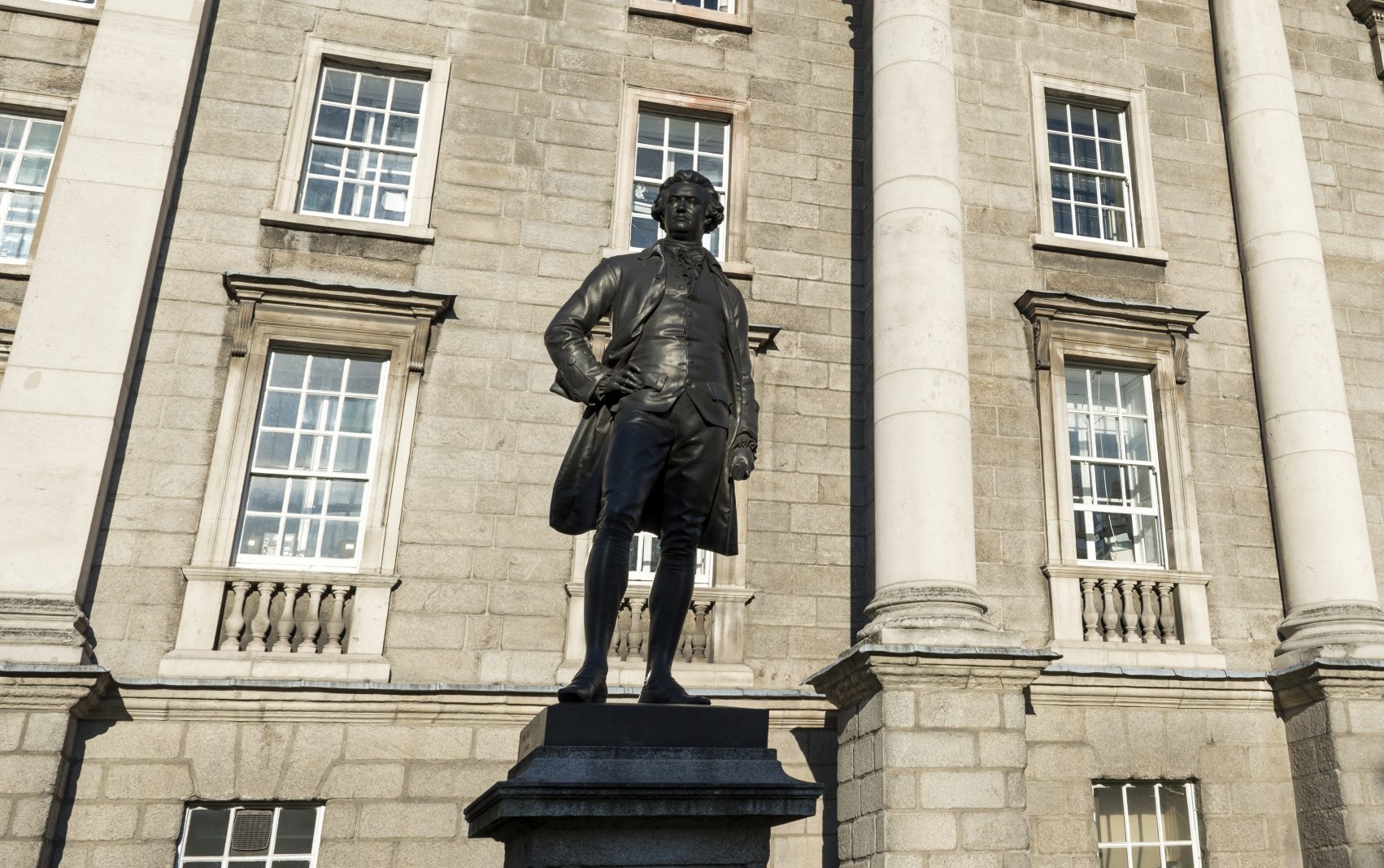Fairness, Favoritism, and the Blindspot of Liberalism
Academic political philosophy in the United States is dominated by the concept of fairness. Due largely to the influence of the late John Rawls, political philosophers have devoted enormous energy to determining whether particular institutions and social practices are fair.
Fairness, in this context, has two basic meanings. First, it means applying the same rules to all individuals engaged in competition for various social goods. Second, it means structuring the outcomes of that competition so that no individual is ever permanently denied the means to compete with some prospect of success. Society, on this view, is something like an endless card game. Everyone plays the hand that they’re dealt to the limits of their luck and skill under generally acknowledged rules. But no one is ever allowed to go bust such that they have to leave the table.
This vision of fairness has some intuitive appeal as the standard of political justice. A problem, Columbia College (Chicago) professor Stephen T. Asma argues in the Chronicle of Higher Education, is that it assumes that society is composed of distinct individuals each pursuing their particular advantage. In other words, it sees fairness as a scheme for regulating egoism.
But the alternatives to fairness aren’t limited to cheating in one’s own interest. As Asma points out, the more interesting possibility is favoritism, in which players seek to break, bend, or modify the rules to help others to whom they feel a special connection. Cheating on one’s taxes might be an example of egoistic unfairness. Establishing a loophole that benefits one’s relatives, region, or religious community might be an example of favoritist unfairness.
Asma’s argument, which is extracted from a forthcoming book, doesn’t appear to be very philosophically sophisticated. In particular, he conflates fairness, altruism, and egalitarianism: concepts that overlap in certain ways but are far from identical. Nevertheless, Asma has a point. Emphasis on fairness for its own sake doesn’t only obscure the reasons that people often act in unfair ways. In doing so, it encourages a misleading understanding of society as competition among atomized individuals rather than members of groups.
Even if that’s empirically accurate, however, shouldn’t liberal democracies discourage group loyalty? In other words, shouldn’t they educate citizens to regard each other first and foremost as individuals? Asma argues that they should not. One reason is that substantive advances in fairness are rarely the result of appeals to naked fairness. In other words, rather than promoting the equality of abstract individuals, successful advocates of fairness often assert the right of their own groups to play the game on favorable terms. According to Asma, that’s a lesson students should take from American history:
…even the laudable pantheon of fairness fighters, paraded before elementary students, have their origins in ingroup favoritism. Rosa Parks and Susan B. Anthony were not fighting for the equality of all people per se, but for the inclusion of their ingroups. It’s no disservice to them or denigration of them to point out this basic fact of favoritism. Some serious allegiance to one’s tribe is, after all, how anything gets done at the social level–including civil rights.
This seems generally right to me. To these examples one might add the rise of the welfare state, political support for which was built on appeals to interests of the poor, workers, blacks and other specific groups, rather than to fairness as such.
Among the main defects of contemporary liberalism, then, especially in its academic manifestations, is that it has trouble understanding its own success. Specifically, it presents liberal principles in a form that lack both contemporary political appeal and plausibility as for historical explanation. There is much to be said for the ideal of fairness, which Wick Allison recently commended to conservatives’ attention. But it’s most persuasive when it’s articulated in terms of favoritism.
